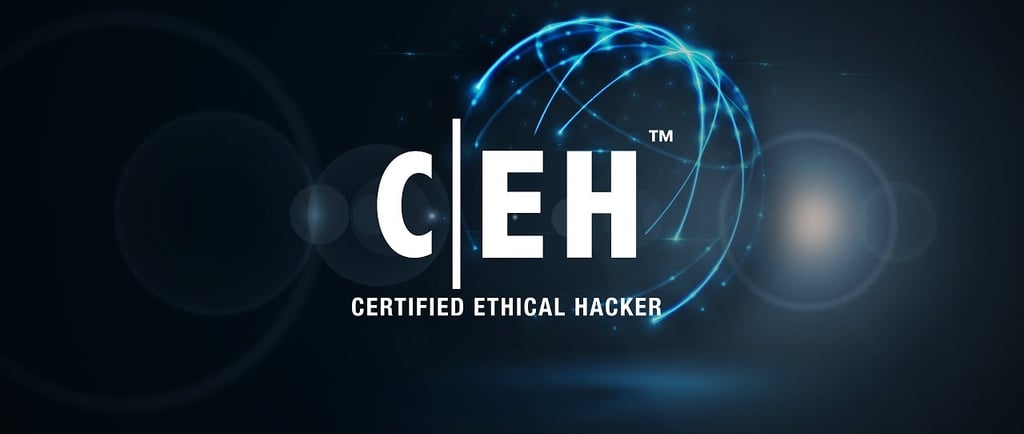EC-Council's CEH Training Program: Pros and Cons


Sharing my experience with the EC-Council's CEH training program, I wanted to note that while it provides a decent introduction to ethical hacking concepts, it does have some shortcomings. For those who already have a solid foundation in ethical hacking, the course may not be the best fit. Additionally, some may find the course to be too theoretical and lacking in real-world scenarios.
The course covers a wide range of topics, including Ethical Hacking, Footprinting and Reconnaissance, Scanning Networks, Enumeration, Vulnerability Analysis, System Hacking, Malware Threats, Sniffing, Social Engineering, Denial-of-Service, Session Hijacking, Evading IDS, Firewalls, and Honeypots, Hacking Web Servers, Hacking Web Applications, SQL Injection, Hacking Wireless Networks, Hacking Mobile Platforms, IoT Hacking, Cloud Computing, and Cryptography. The hands-on labs are a crucial part of the course, allowing you to practice and apply the concepts learned in each module, but they can be challenging and require significant time and effort to complete.
The quizzes are helpful in testing your knowledge of the course material, but they may not accurately gauge your understanding of real-world scenarios.
Overall, while the EC-Council's CEH training program has some shortcomings, it does provide a solid foundation in ethical hacking concepts, tools, and techniques. The course instructors are knowledgeable, and the hands-on labs and quizzes are invaluable in helping you prepare for the certification exam. However, it may not be the best fit for those who already have a solid foundation in ethical hacking or those who are looking for more practical, real-world scenarios.
